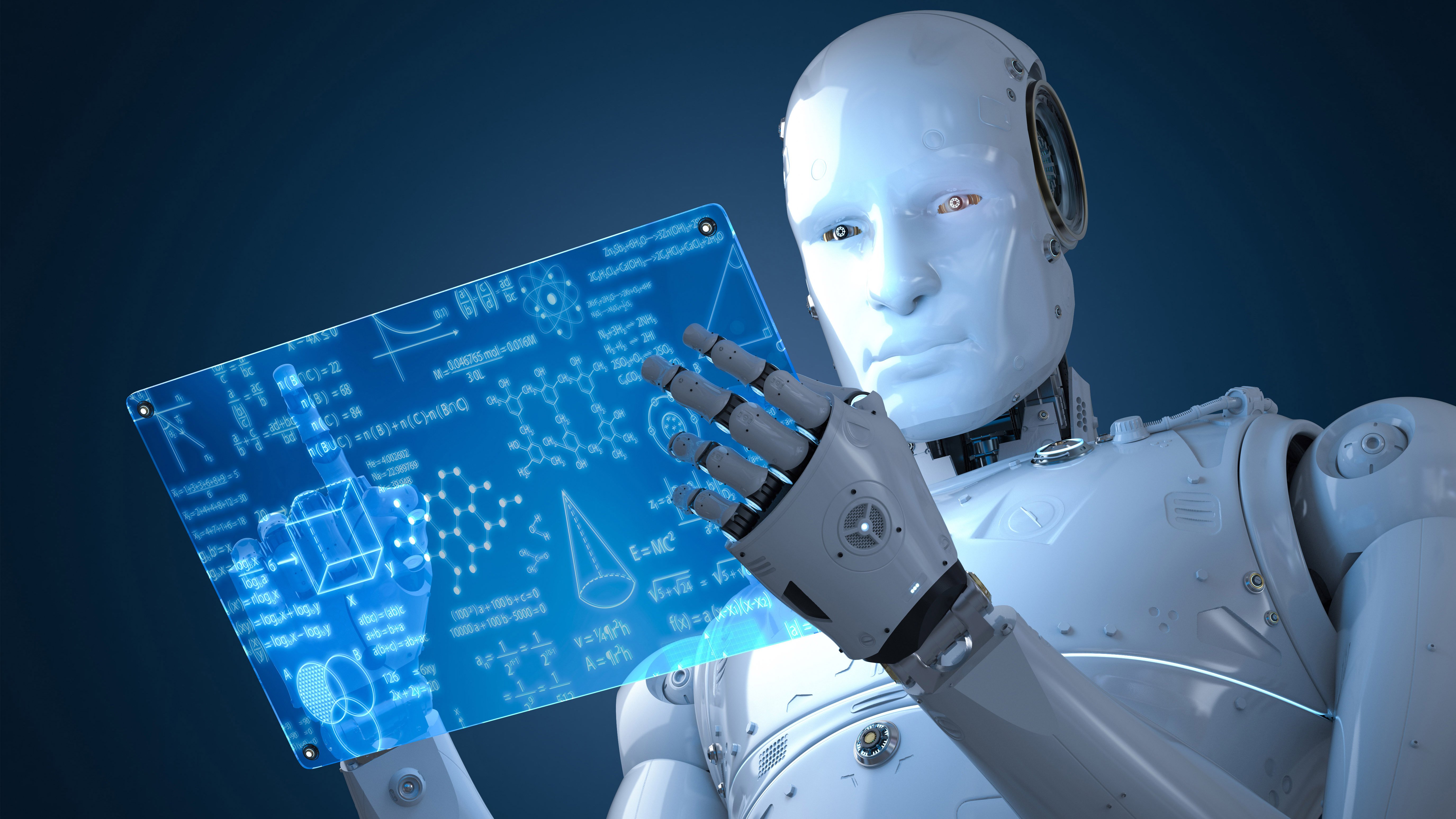(Artificial Intelligence) AI,
the ability of a computer or a machine to imitate and simulate intelligent behavior, has revolutionized various aspects of our lives. From voice assistants and self-driving cars to medical diagnoses and financial predictions, artificial intelligence has become an integral part of our modern society. In this article, we will explore the concept of AI and its implications on the future.
One of the fascinating aspects of AI is its ability to learn and adapt from data. Machine learning, a subset of AI, enables computers to process and analyze large amounts of information to identify patterns and make predictions. By feeding vast amounts of data into algorithms, AI systems can recognize complex patterns that humans may struggle to identify. This capability has opened up new opportunities in various fields, including healthcare, finance, and manufacturing.
In the healthcare industry, AI has been utilized to improve disease detection and diagnoses. By analyzing medical images and patient data, AI algorithms can identify early signs of diseases, such as cancer, with high accuracy. This allows for early intervention and treatment, potentially saving lives. AI's ability to process vast amounts of data also helps in drug discovery and development, accelerating the process of finding effective treatments.
The financial sector has also embraced AI for its predictive capabilities. AI algorithms can analyze market trends and make predictions about stock prices, enabling investors to make informed decisions. Additionally, AI-powered chatbots and virtual assistants have enhanced customer service in banks and other financial institutions.
While AI has undoubtedly improved various aspects of our lives, there are also concerns about its impact on employment. As machines become more intelligent and automated, certain jobs may become obsolete. However, AI also presents new opportunities for job creation in fields such as data analysis, cybersecurity, and AI development itself. It is crucial for society to adapt and provide opportunities for upskilling and retraining the workforce to thrive in the age of AI.
Ethical considerations are another important aspect of AI. As AI systems become more autonomous and capable of making decisions, questions arise about accountability and transparency. Ensuring that AI algorithms are unbiased and do not perpetuate discrimination is a crucial challenge that needs to be addressed. Additionally, discussions around privacy and data protection become more critical as AI systems rely on vast amounts of personal data for training and improvement.
In conclusion, artificial intelligence has revolutionized our world and continues to shape the future in profound ways. Its ability to learn, adapt, and make predictions using vast amounts of data has tremendous potential in various industries. However, as AI continues to evolve, it is imperative to address the ethical and societal concerns it raises. By taking a proactive approach, we can maximize the benefits of AI while mitigating any potential risks, ensuring a harmonious coexistence between humans and intelligent machines.


No comments:
Post a Comment